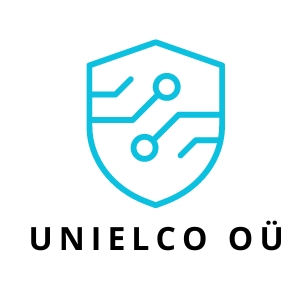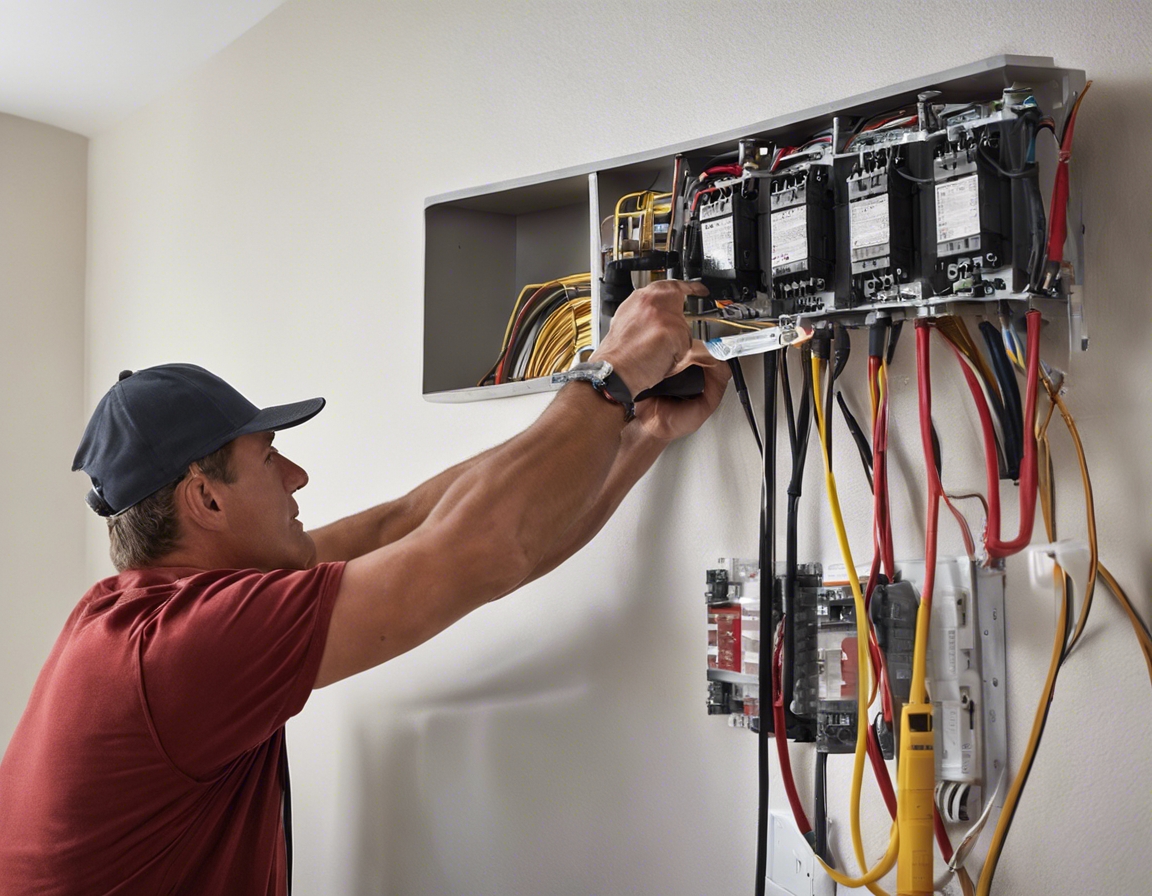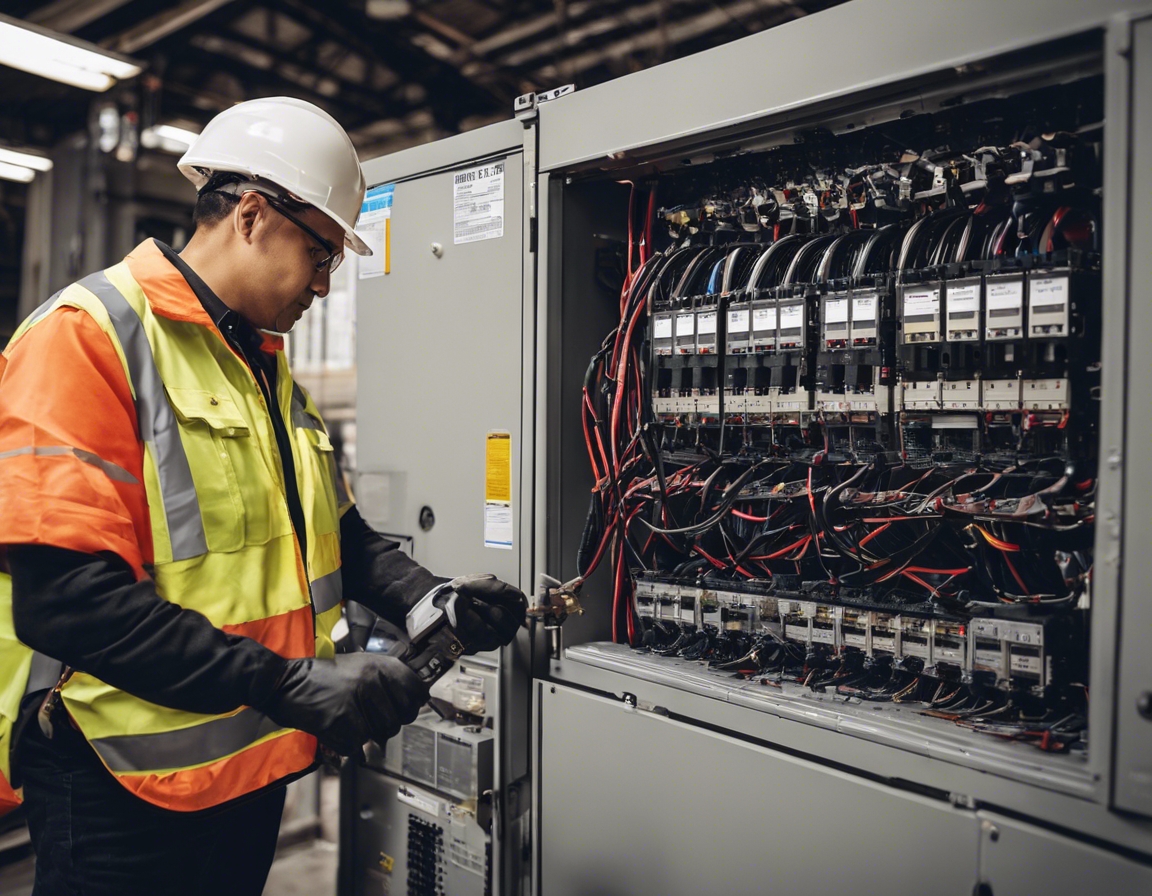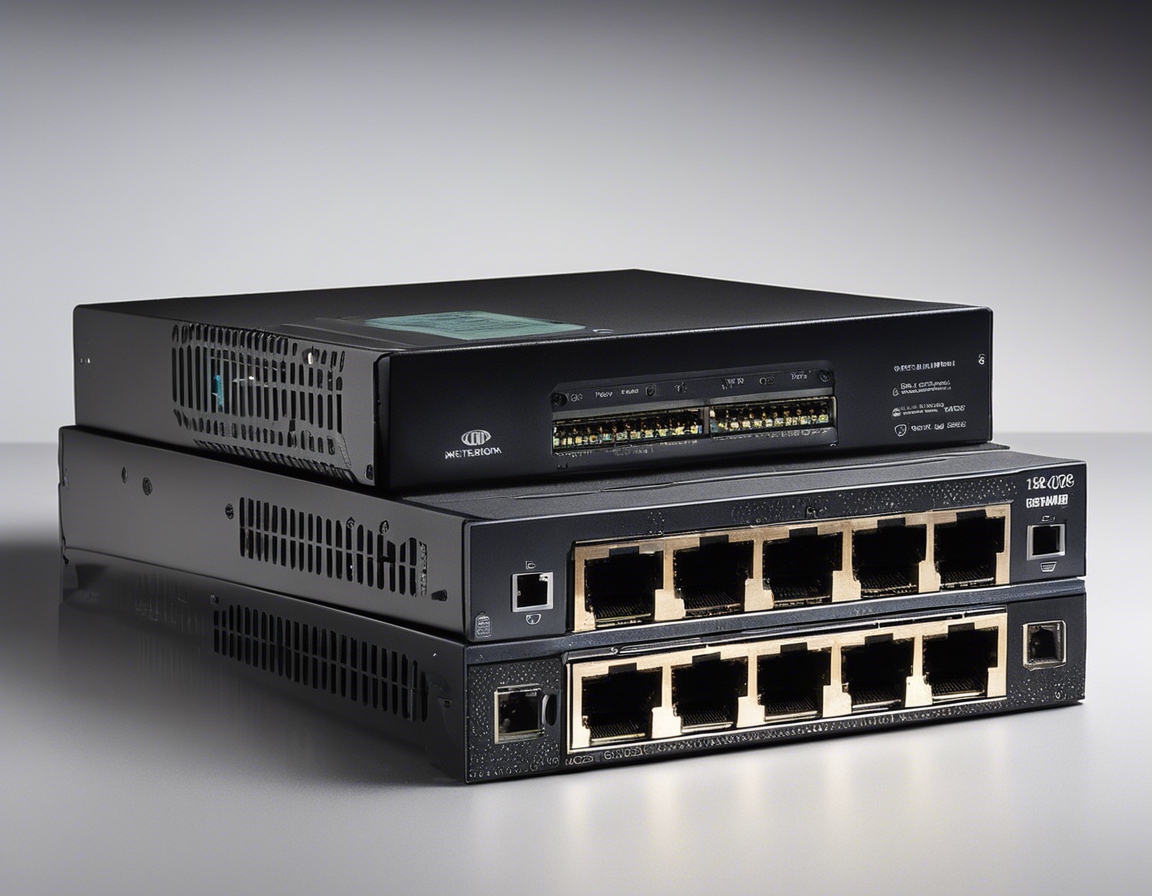The future of property surveillance: trends to watch
The concept of property surveillance has been around for centuries, evolving from simple watchmen to today's sophisticated electronic systems. In recent years, technological advancements have revolutionized the way property surveillance is conducted, offering unprecedented levels of security and efficiency.
Surveillance plays a critical role in property management, deterring crime, monitoring activities, and ensuring the safety of tenants and assets. It is an essential component of modern property management strategies.
Emerging Trends in Property Surveillance
Artificial intelligence (AI) and machine learning are at the forefront of surveillance technology. These tools enable systems to recognize patterns, detect anomalies, and even predict potential security breaches before they occur.
The proliferation of IoT devices has led to smarter, more connected surveillance solutions. Sensors and cameras can now communicate with each other, creating a cohesive network that enhances security operations.
Modern cameras offer higher resolutions, better low-light performance, and wider fields of view. Some are equipped with features like facial recognition and automatic number plate recognition (ANPR), adding layers of intelligence to surveillance.
Drones are becoming an invaluable tool for property surveillance, providing a bird's-eye view of large areas and hard-to-reach locations. They offer a flexible and cost-effective alternative to traditional surveillance methods.
As surveillance systems become more connected, the risk of cyber threats increases. Enhanced cybersecurity measures are essential to protect sensitive data and maintain the integrity of surveillance operations.
Cloud-based surveillance allows for scalable, flexible, and accessible monitoring solutions. Property managers can access real-time data from anywhere, at any time, ensuring continuous oversight.
The integration of mobile technology with surveillance systems enables remote monitoring and control. This trend allows property managers to stay informed and respond quickly to incidents from their smartphones or tablets.
Implications for Property Managers and Developers
Emerging surveillance technologies offer cost savings through automation and reduced need for physical security personnel. Systems can be scaled up or down depending on the property's needs, providing flexibility and efficiency.
With new technologies come new regulations. Property managers must navigate the complex landscape of privacy laws and ensure compliance with surveillance-related legislation.
Advanced surveillance systems improve response times to security incidents and enable a more proactive approach to property management. Real-time alerts and analytics help in preventing incidents before they escalate.
Preparing for the Future
Investing in surveillance systems that can be easily upgraded ensures that properties remain at the cutting edge of technology. It is crucial for property managers to choose systems with future-proof capabilities.
As surveillance technologies evolve, so must the skills of those who manage them. Ongoing training and education are vital for staff to effectively operate and maintain advanced surveillance systems.
Forming partnerships with technology providers like UNIELCO OÜ can help property managers stay ahead of the curve. These partnerships provide access to the latest technologies and expert support for surveillance system design, installation, and maintenance.








Comments (0)